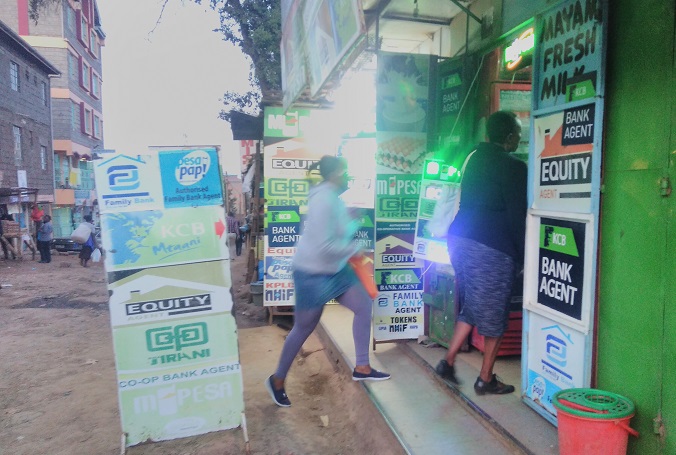A major concern for the banks aside from advancing loans and making a profit include dealing in ‘clean’ money. ‘Dirty’ money involves money from illegal activities, financial crime, money laundering, and terrorism funding.
Kenya is a signatory to the United Nations International Convention for the Suppression of the Financing Terrorism (1999).
This convention is the most comprehensive instrument for combating terrorism financing. Kenya is also a member of Eastern and Southern Africa Anti-Money Laundering Group, which is an Associate member of the Financial Action Task Force (FATF).
When it is easy to tell where the money is going to once it leaves the bank account, uncovering where it comes from before is a different story, this is where a ‘Source of Funds’ check comes in.
A source of funds check is a way to show the banks that the hard-earned money comes from a legitimate source.
Money laundering includes attempted ways to make legal the money or property acquired by way of criminal acts. These could include acts by organized criminals, terrorists, cybercriminals, tax evaders, smugglers, corrupt public officials, drug dealers.
By asking questions regarding specific transactions, the bank helps prevent such crimes.
Be tolerant of bank clerks and tellers when you are asked to present further documentation or answer further questions.
Bank employees must ask questions in relation to unusual transactions and high-value transactions. In particular instances, the bank may request agreements, accounts, or other documentation that confirms a customer’s explanation.
Proof of funds can be classified into:
- Savings – this involves regular small payments from income such as a salary, pension or an annuity and can be evidenced by a bank statement
- Release of pension – A copy of pension statement
- Sale of shares – A copy of share release schedule or brokers share a statement
- Sale of property – A sale agreement showing the funds are from the property sale
- Inheritance – A copy of the letter from executors stating the amount you receive as a beneficiary
- Dividends – A copy of the dividend certificate
- A gift from parents – A letter from your parents stating that the cash received is a gift
- Business operations – buying and selling, in line with the declared business operations




